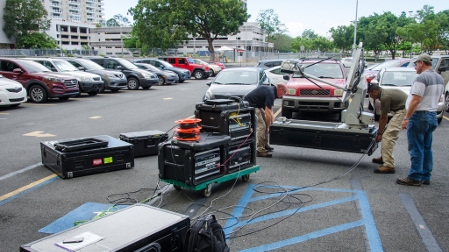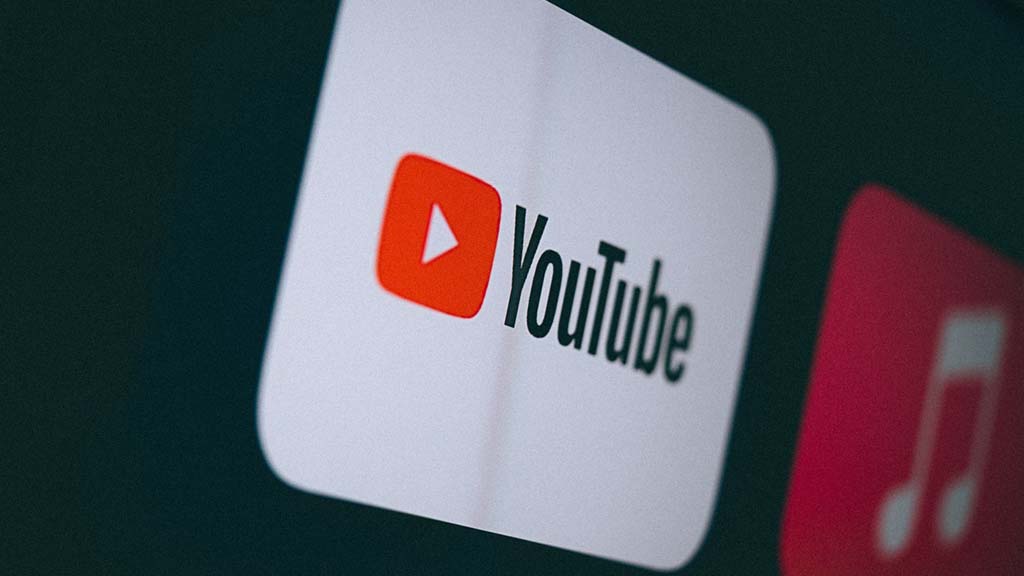Generators, Cooperation Prove Key For Hurricane-Weary Florida Broadcasters
TALLAHASSEE, FLA.—About three weeks after Hurricane Irma struck Florida things are largely back to normal for broadcasters in the state, but the memory of the storm remains fresh.
“It was the most massive storm we have ever seen across the entire state. Now things like Hurricane Andrew [August 1992] in one specific market –South Dade County—was a lot worse.

Photo by Kenneth Wilsey
“But this one, the power outage was incredible,” says Pat Roberts, president and CEO of the Florida Association of Broadcasters.
Broadcasters in the state were on generator power longer than Roberts has ever seen, he says.
“Working with FEMA [the Federal Emergency Management Administration], [Department of] Homeland Security and the FCC, we were able to get fuel to everybody before they ran out. It was not easy, but we got it there,” says Roberts.
Eight of Florida’s 10 TV markets during the storm were under a hurricane warning or watch and one other was under a tropical storm warning. Only the Pensacola market was unaffected, says Roberts.
Get the TV Tech Newsletter
The professional video industry's #1 source for news, trends and product and tech information. Sign up below.
In the Florida Keys, which was the state’s hardest hit area, a single radio station, WWUS 104.1 FM Radio US1, managed to stay on the air during Hurricane Irma while cell phone towers and emergency communications were taken out, says Roberts.
“The sheriff lost communications with his deputies when their law enforcement radio system went down” he says. “He went to the radio station to tell his deputies over the air where they needed to go. It was a very strange occurrence to say the least.”
For more than a decade, radio and TV broadcasters in Florida have created informal partnerships to keep the public informed during hurricanes, says Roberts.
The idea is that when viewers lose power, they will tune in their battery-powered radios for storm bulletins and information. TV stations, which typically have larger newsrooms, can provide their coverage to their radio partners for rebroadcast. “These partnerships in almost every county really worked well,” says Roberts.
“Representing them, I could not be prouder of our industry and what we did for the people,” he says.
Phil Kurz is a contributing editor to TV Tech. He has written about TV and video technology for more than 30 years and served as editor of three leading industry magazines. He earned a Bachelor of Journalism and a Master’s Degree in Journalism from the University of Missouri-Columbia School of Journalism.

